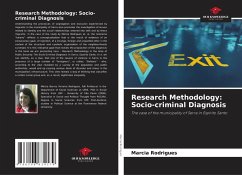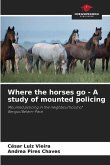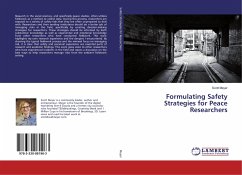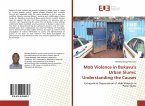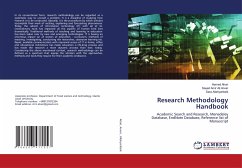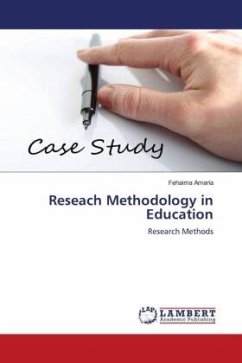Understanding the processes of segregation and exclusion experienced by migrants in the municipality of Serra also promotes the investigation of issues related to identity and the social relationships entered into with and by these migrants. In the case of the study by Márcia Rodrigues et. al, the nickname "baiano" reflects a conceptualization that is the result of evidence of an exclusionary gaze, of rejection, of a strange, foreign and unwanted other in the context of the structural and symbolic organization of the neighbourhoods surveyed. It is this indicative gaze that reveals the proposition of the diagnosis in the book we are presenting here - Research Methodology in the Area of Public Security: The Socio-Criminal Diagnosis in Serra, Espírito Santo. In it, we can identify, as a clue, that one of the causes of violence in Serra is the presence of a large number of "foreigners", or rather, "Bahians" - who, according to the view revealed by a survey of the population and public authorities, would end up causing various kinds of disorder and chaos in the municipality's infrastructure. This view reveals a way of thinking that classifies a certain social group and, as a result, legitimizes inequality.
Bitte wählen Sie Ihr Anliegen aus.
Rechnungen
Retourenschein anfordern
Bestellstatus
Storno

